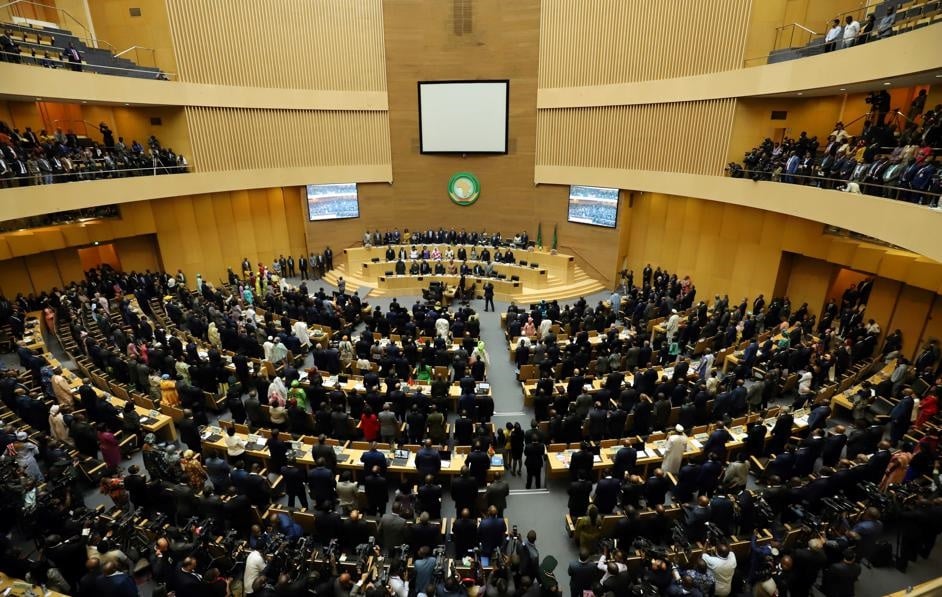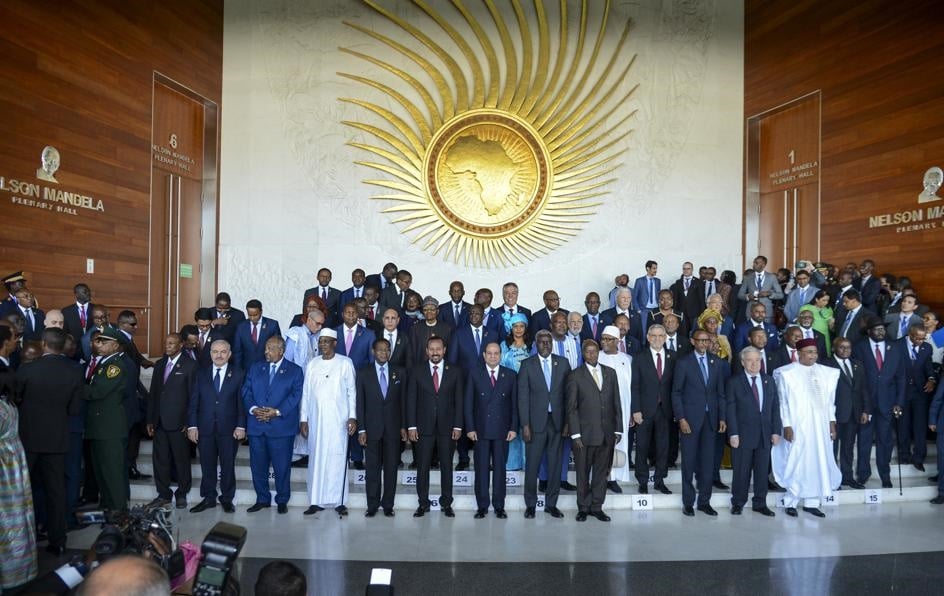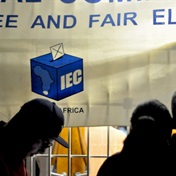
Seven years ago, the African Union (AU) set the target of silencing the guns on our continent by 2020.
We are already in the first month of this target year but there are no signs that conflict is about to retreat completely from our continent.
Instead, we still have battlefields in the Great Lakes region, and the menace of terrorism remains a challenge over vast swathes of land in East, North and West Africa.
In some of our countries, tempers are high in the streets due to disputes over elections and constitutions.
The ongoing flames in Libya are a call to action, to find an African solution to this African problem.
This is a challenge that South Africa will inherit as the incoming chair of the AU this year whose theme will, rightly so, focus on this elusive goal of silencing the guns.
The question is not how we got here because we know the causes to our conflicts, but rather what are the lessons to learn? Why is it so difficult to silence the guns?
First, with the advantage of hindsight, the 2020 deadline was clearly ambitious, mainly because it was not evidence-based and scientifically determined.
Rather, it was largely declaratory and political, made at the heat of the moment of the celebration of the 50th anniversary of the AU in 2013.
The rationale remains correct to this day though.
As they put it in their solemn declaration on the 50th Anniversary of the OAU/AU, our leaders pledged “not to bequeath the burden of conflicts to the next generation of Africans and undertake to end all wars in Africa by 2020.”
Therefore, moving froward, from 2020 and beyond, whatever future target we set for this noble goal, should be informed by a scientific reading of the reality on the ground.
It must be realistic and achievable, lest we demoralise ourselves and think we are failing when in fact the problem is in our methodology and long-term perspective.
Second, we are not giving adequate attention to the root causes of our conflicts.
This was the intention in the solemn declaration which stated, among the envisaged actions towards 2020, that we should “address the root causes of conflicts including economic and social disparities… Eradicate recurrent and address emerging sources of conflict”, and “push forward the agenda of conflict prevention”.
The efforts to silence the guns should go beyond the slogan, and boost considerably the capacity of African institutions to “pre-empt” conflicts in a more comprehensive and timely manner, rather than as a “reactive” conflict resolution approach.
Even though the African Peace and Security Architecture is now fully operational, the conflict resolution focus of the AU is concentrated primarily on mediation and peacekeeping operations (PKOs/PSOs) and interventions.
While the work of the PSOs can make significant impact on the ground such as paving the way for elections or setting the groundwork for multi-dimensional PKOs deployments, the reality however, is that these missions are too costly, time consuming, and take too long to produce results.
In addition, the unpredictability of funding available for them threatens their existence which is often shrouded in uncertainty.
PKOs/PSOs do not necessarily “provide a lasting solution” to the conflicts given the multiplicity and complexity of the issues and actors involved in the conflict but rather serve to “de-escalate” the conflict.
Recent years have seen conflicts within the continent arising from factors that relate to structural vulnerabilities, such as impacts of environmental issues; competition over access, use and illegal extraction of natural resources; social unrest resulting from poor and unaccountable governance; prevalence of illicit small arms and light weapons; and religious radicalisation.
Our current and customary peacemaking approach should, therefore, adapt and transcend the habitual data collection/analysis, mediation, and peacekeeping interventions.
The scope of the AU’s interventions should be broadened to also include systematically structural conflict prevention that addresses the long-term root causes of potential violent conflict, and recognised in the 2015 AU’s continental structural conflict prevention framework, the voluntary country structural vulnerability assessments, and the related country structural vulnerability mitigation strategies.
The decision of the AU to position the African Peer Review Mechanism as a tool for conflict prevention is a great opportunity to fill these gaps.
The African Peer Review Mechanism’s 22 country review reports are known for having pointed systematically at the fragilities of members states with great level of accuracy.
As more and more of African Peer Review Mechanism member states undergo the country reviews process, we will generate incomparable repository of data to expand the capacity of Africa to rely on home-grown knowledge that is critical to crafting African solutions to African problems more resolutely.
The African Peer Review Mechanism country evaluations have also demonstrated that successful structural prevention should take into consideration deeper societal conditions. African Peer Review Mechanism indicators are beginning to point out that the next generation of conflicts is set to be governance-related: over political succession to the country’s high office; over disputes within political parties that spill over society; over the quantity, quality and outcome of elections; over inclusion, participation and diversity management vis-a-vis access to the state; over the term of office of incumbents; and over peaceful transfer of power to an opponent after an elections.
We need a two-pronged approach based on prevention and early action, and, on the other, the customary route of mediation and peace-making.
This will substantially lower the costs of intervention. The 2017 AU master roadmap on practical steps to take to silence the guns developed by our peace and security council is anchored on this twin approach, but in action we are one-dimensional.
Finally, our dependent model for eradicating conflicts on our continent is clearly not sustainable.
The operationalisation of the AU’s peace fund is an important achievement in this regard, but we need to do more to capitalised it from our own resources.
Peace-making and peace-keeping do not come cheap.
We have to up the game to foot the bill ourselves. We cannot muster and managed effectively the geopolitical interests of non-African actors involved in conflicts on our continent if we are in the game empty-handed and on our knees, with a begging bowl.
If we want to determine the tune, we must be both the paymaster and the piper.
If we want to continue to find African solutions to African problems, we must do more to find and deploy African resources.
- Eddy Maloka is the CEO of the African Peer Review Mechanism. He writes in his personal capacity.




 Publications
Publications
 Partners
Partners










